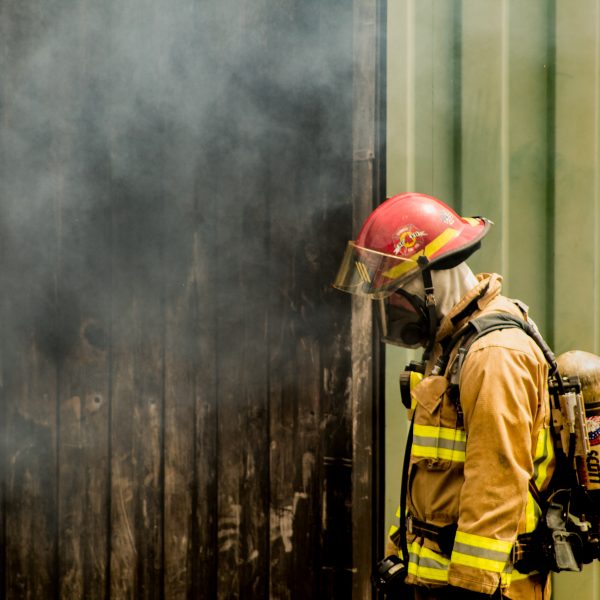Managing the expectations of end of year celebrations

The end of the year brings many opportunities for education and care services to reflect and celebrate with children, young people, families and the wider community.
The Australian Children’s Education and Care Quality Authority (ACECQA) recently released some guidance to support services to manage the expectations of these celebrations and special events, and to critically reflect on their practices.
Common end of year events, celebrations and experiences include Christmas celebrations, end of year concerts, festive craft and gift experiences, and graduation parties.
Educators, service leaders and approved providers, ACECQA said, should reflect on the purpose and expectations of service-led celebrations to decide if they are meaningful and relevant, and able to enhance outcomes for children, young people and families.
Meaningful and authentic events
When conducted meaningfully and authentically, celebrations help build stronger relationships with families and provide learning opportunities for children and young people. Experiences shared regularly, such as rituals or traditions, are valuable. They contribute to a sense of community and belonging for children, families and educators (Anne Stonehouse AM 2013).
Celebratory events should be planned collaboratively and reflect the diverse values, beliefs, customs, religions and traditions of each service and cohort of children, young people and their families. For example, the celebration of Christmas or Easter is not universally observed. While some families who do not recognise these celebrations may allow their children to participate, others may choose not to. Therefore, by working responsively, educators build culturally safe environments and ensure their practices and interactions are inclusive.
Service leaders and educators could consider how:
- celebrations and special occasions are collaboratively and sensitively planned to ensure children and young people are not singled out or excluded
- large performance-based group events are meaningful to all children and young people, including infants
- events offer authentic learning opportunities for the diverse ages, strengths, interests, abilities and needs of those involved
- events are respectful of diverse family values, cultures and circumstances.
Sustainability
Teaching children that sustainability is multidimensional is fundamental to their learning and development. Sustainability is also part of their role as active and informed citizens (EYLF V2.0 and MTOP V2.0). Embedding this principle means services are committed to reflecting on the environmental, economic and social impacts of service operations (the 3 dimensions of sustainability). Decision-making regarding service-led celebrations should include regular critical reflection about the interplay between the value of celebratory events and outcomes for the service.
Services could consider:
- how the frequently product-focused nature of holidays and special occasions could be redirected to encourage acts of kindness, social connection and appreciation for the process
- how using particular resources (such as glitter or food) as art materials may potentially negatively impact the environment
- whether documentation and children and young people’s work samples/projects can be used or repurposed as opportunities to celebrate the year.
Festive crafts and gifts
This time of year often brings expectations for services to provide children, young people and families with a token of the festive season. This may be in the form of a gift, artwork or other product that children can take home.
Service leaders and educators may consider:
- the purpose of the experience in line with their pedagogy, philosophy and educational program to determine how these experiences enhance learning outcomes for children and young people
- how traditional festive experiences (for example, stencil-based cards or themed and uniformed artworks) promote, or potentially limit, children’s creative freedom and right to make their own decisions.
Reflective questions
- What do we celebrate and why? Are there any celebrations and events we include because we always have? If so, are they relevant to the children, young people and families who currently attend?
- What do the children and young people want to celebrate? What is important to them at this time? How do individual children and young people prefer to celebrate what is important to them? Do all children and young people wish to celebrate or participate?
- How do our celebratory events improve outcomes for children and young people while building positive, mutually respectful relationships with families? Could the number of events be reduced without compromising the quality of relationships with families?
- Do children, young people and families have the opportunity to contribute to decision-making and planning for celebratory events?
- What other events/milestones/achievements are worth celebrating from the perspective of the service, children, young people, families and the community?
- In what ways does our approach to celebratory events reflect the unique geographical, cultural and community context of the service? Does our approach welcome, respect and draw on the voices, priorities and strengths of the children, young people and families at the service?
Further reading and resources
Anne Stonehouse AM – Celebrations, holidays and special occasions
ACECQA – Information sheet: EYLF Principles – Sustainability
ACECQA – Information sheet: MTOP Principles – Sustainability
Popular

Policy
Quality
Practice
Provider
Research
Workforce
ECEC services to close early for mandatory child safety training under national reforms
2025-12-01 07:10:09
by Fiona Alston

Quality
Policy
Practice
Provider
Workforce
Growth restrictions and enhanced oversight imposed on Affinity Education Group in NSW
2025-12-01 07:30:29
by Fiona Alston

Workforce
Events News
Policy
Practice
Provider
Quality
Gold Walkley Award win for childcare investigation places national spotlight on safety and accountability in ECEC
2025-12-02 07:30:34
by Fiona Alston
















